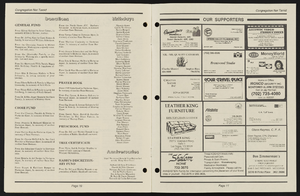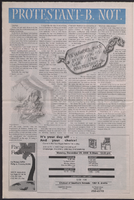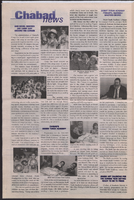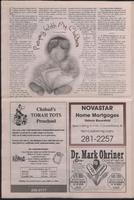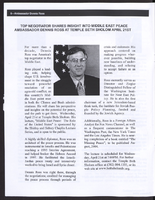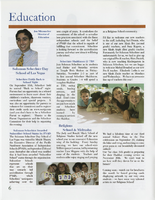Search the Special Collections and Archives Portal
Search Results
Laura Perkins (University of Nevada Regent) oral history interview conducted by Kelliann Beavers: transcript
Date
Archival Collection
Description
From the Lincy Institute "Perspectives from the COVID-19 Pandemic" Oral History Project (MS-01178) -- Elected official interviews file.
Text

Transcript of interview with Eugene Brandise by Mark Mangiaracina, March 3, 1980
Date
Archival Collection
Description
Text

Transcript of interview with Pat Geuder by Darryel Mayer, April 15, 1980
Date
Archival Collection
Description
On April 15, 1980, Darryel Mayes interviewed Pat Geuder, Ph.D., (born 1931 in Pontiac, Michigan) about her life in Las Vegas, Nevada. Geuder discusses in detail some of the changes that occurred over the years to the University of Nevada, Las Vegas campus, from the time she was a student to the then-present date when she worked as a professor. She specifically talks about the first buildings on campus, the development of nearby roads, and other changes over the years. Geuder also describes the enrollment of students, nearby housing, and her thoughts on the future of the campus.
Text

